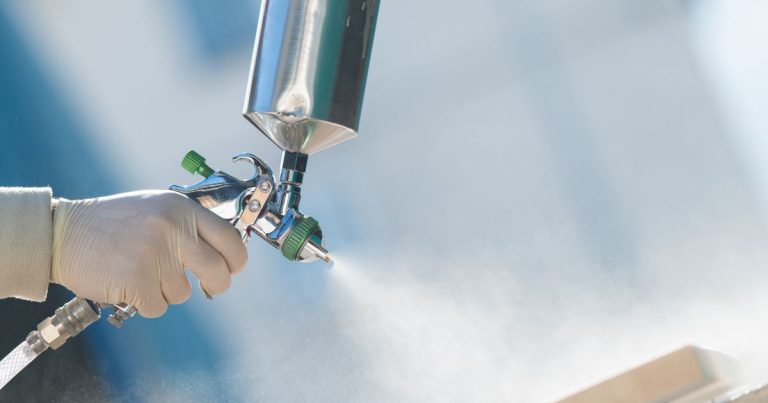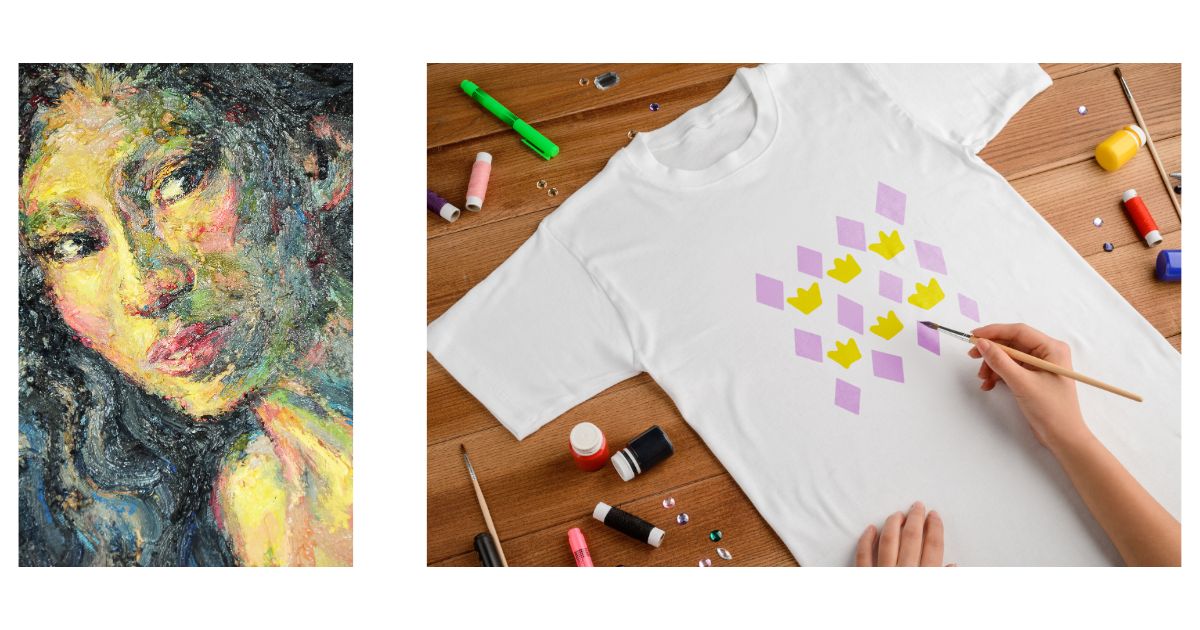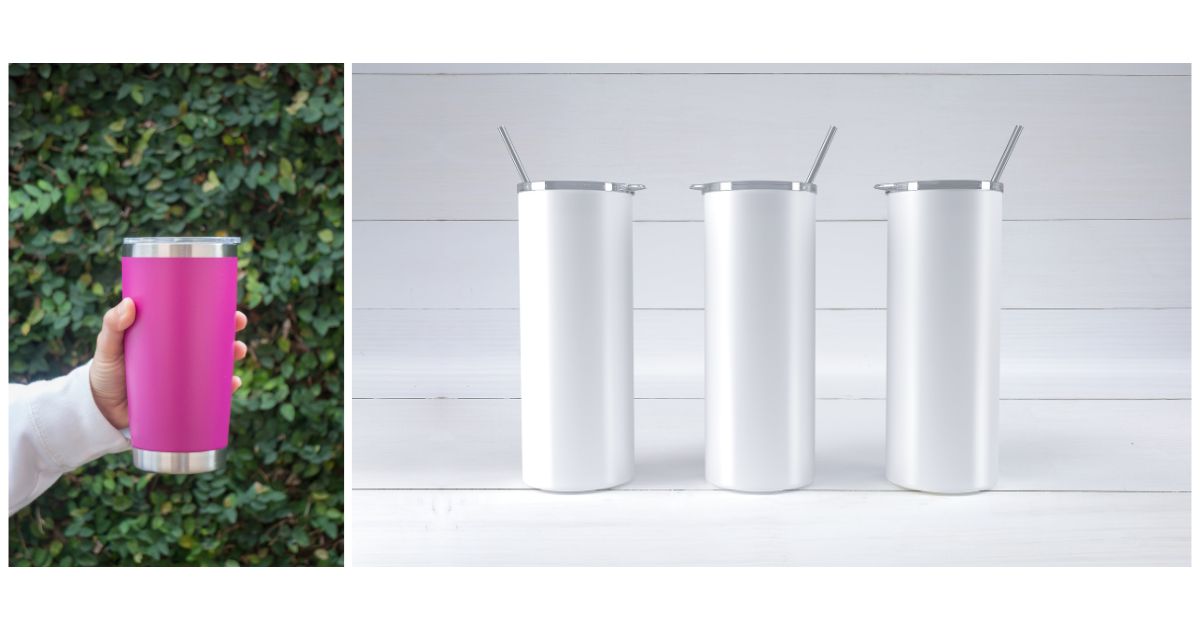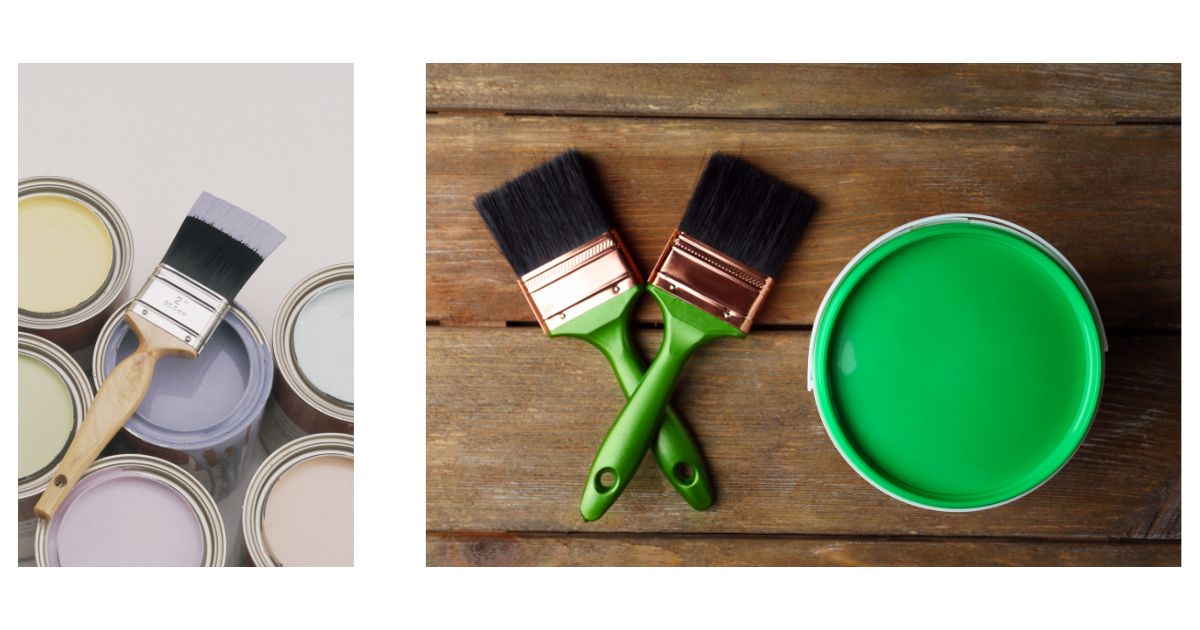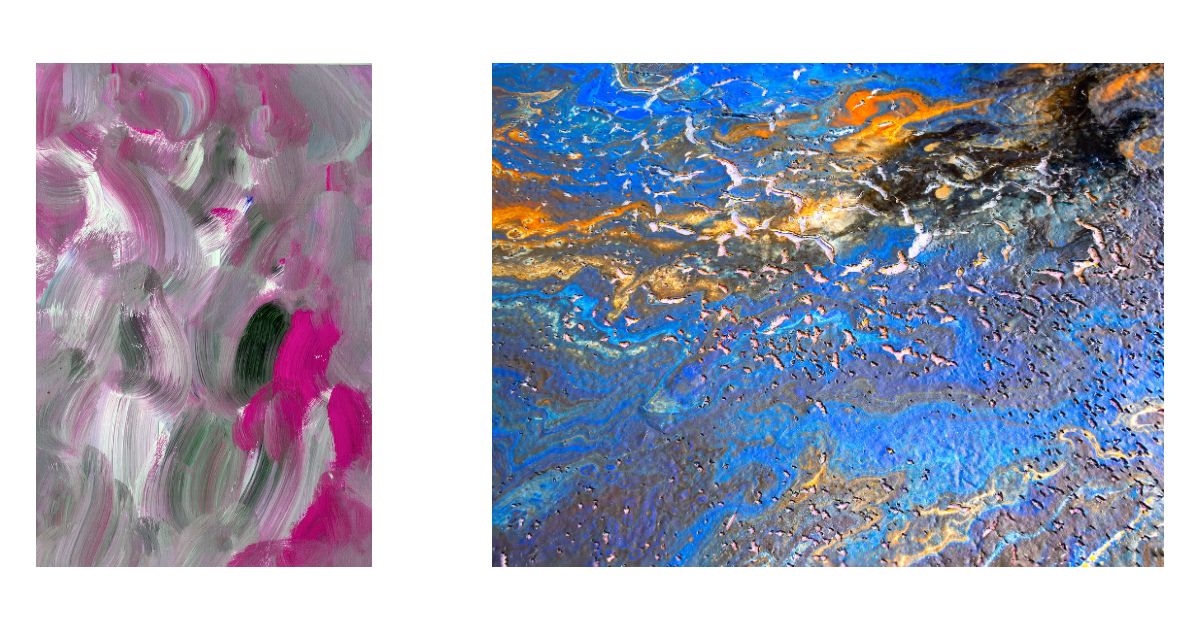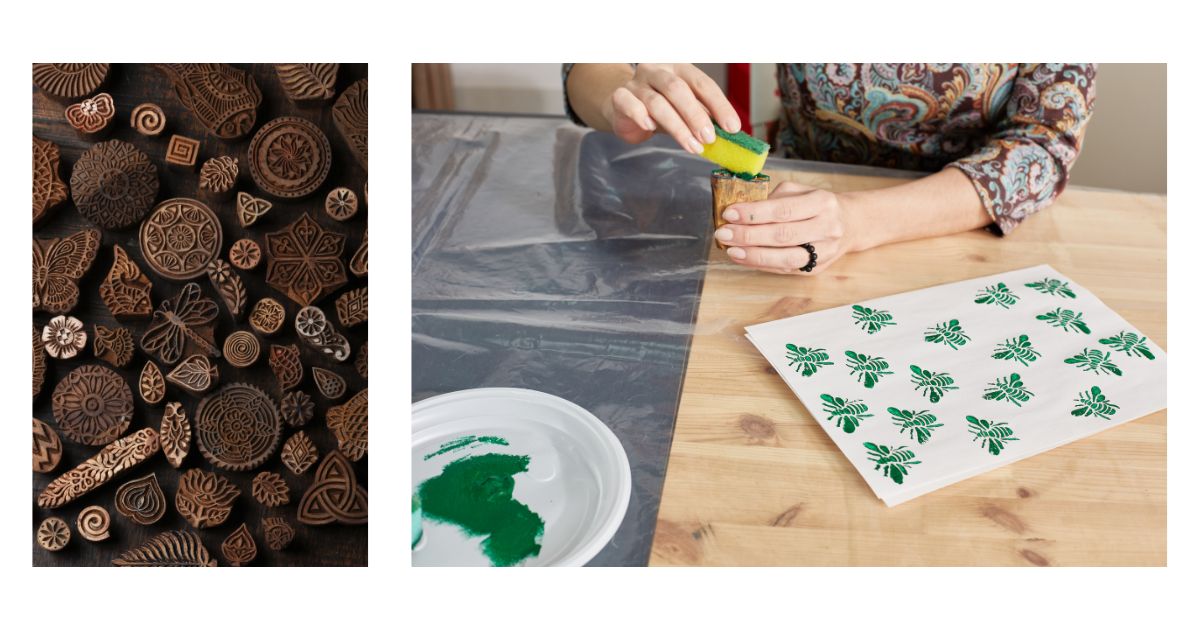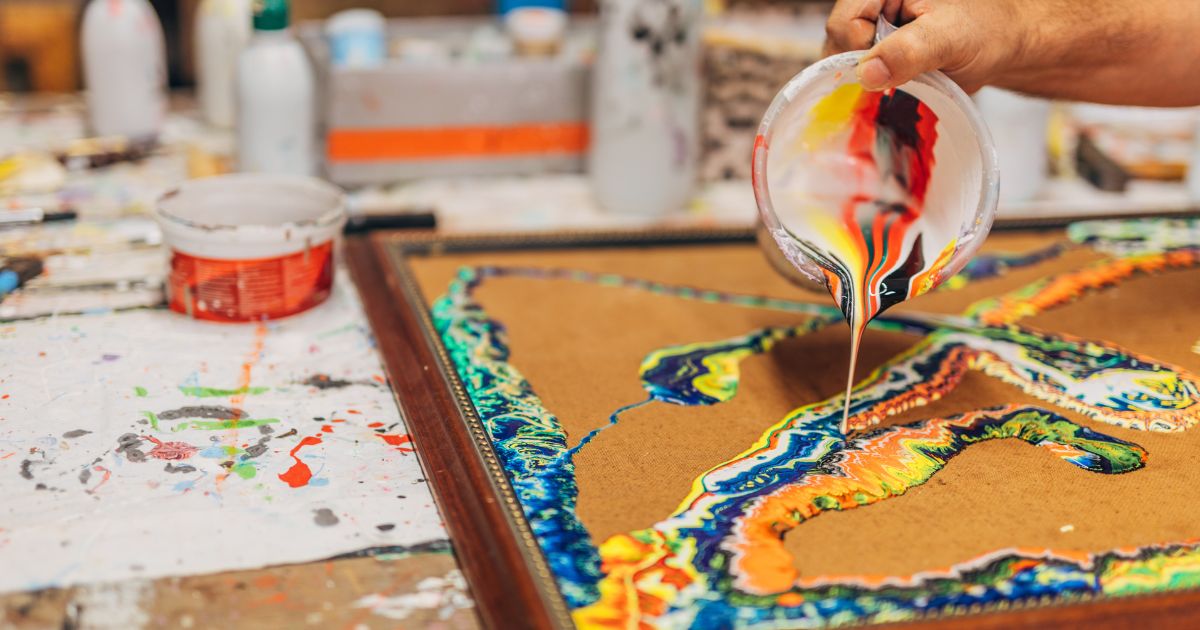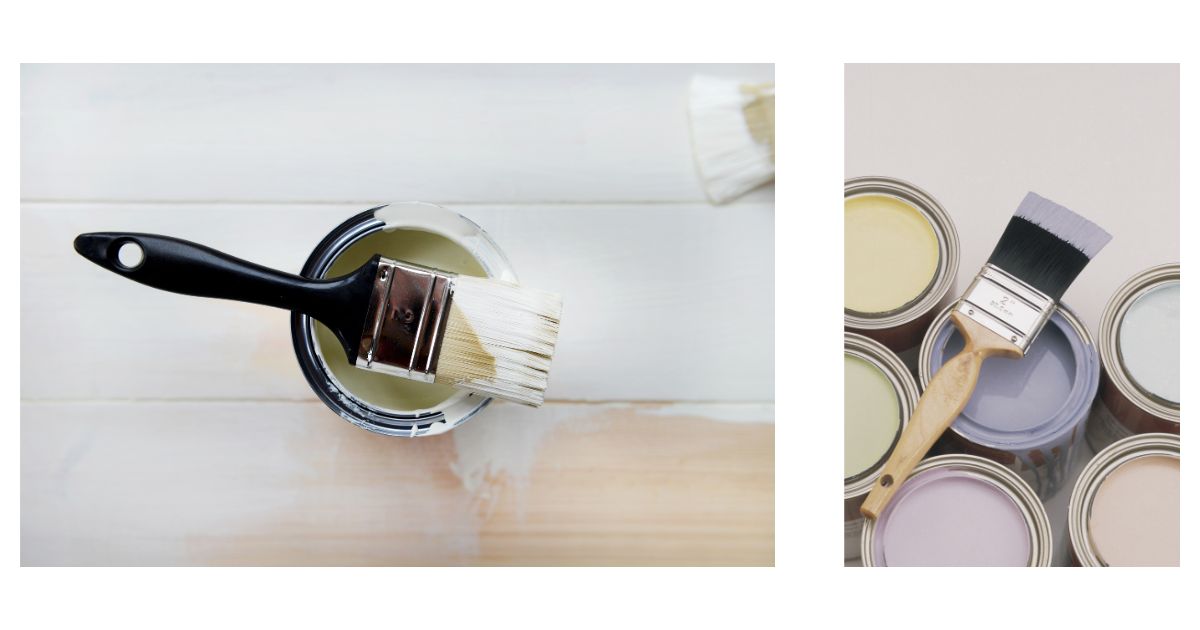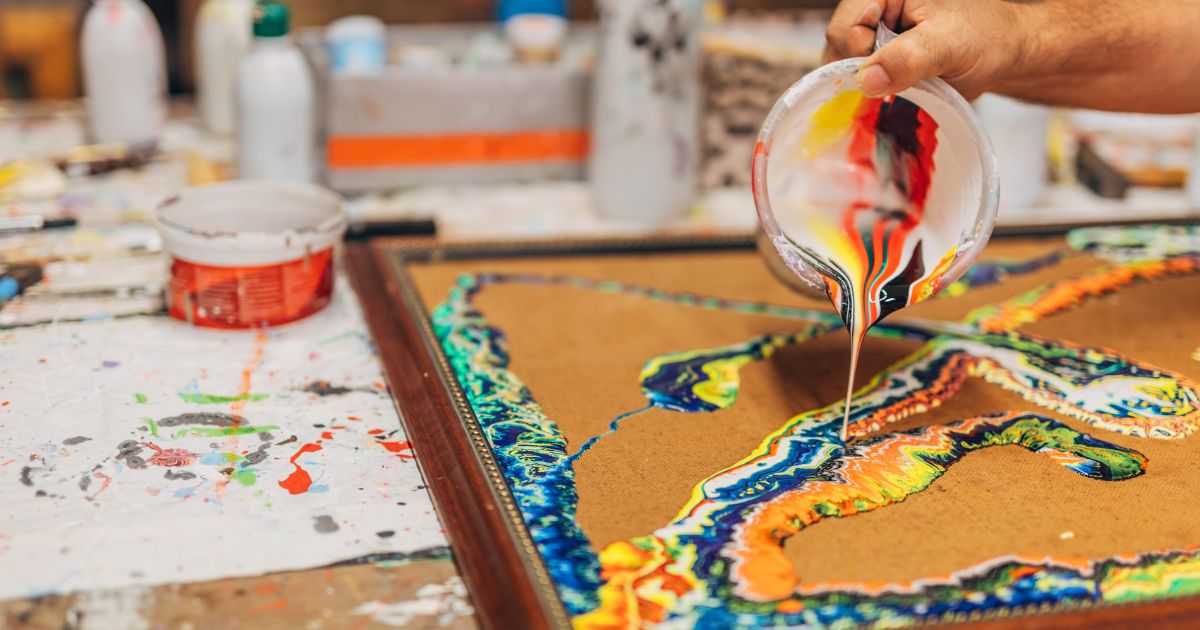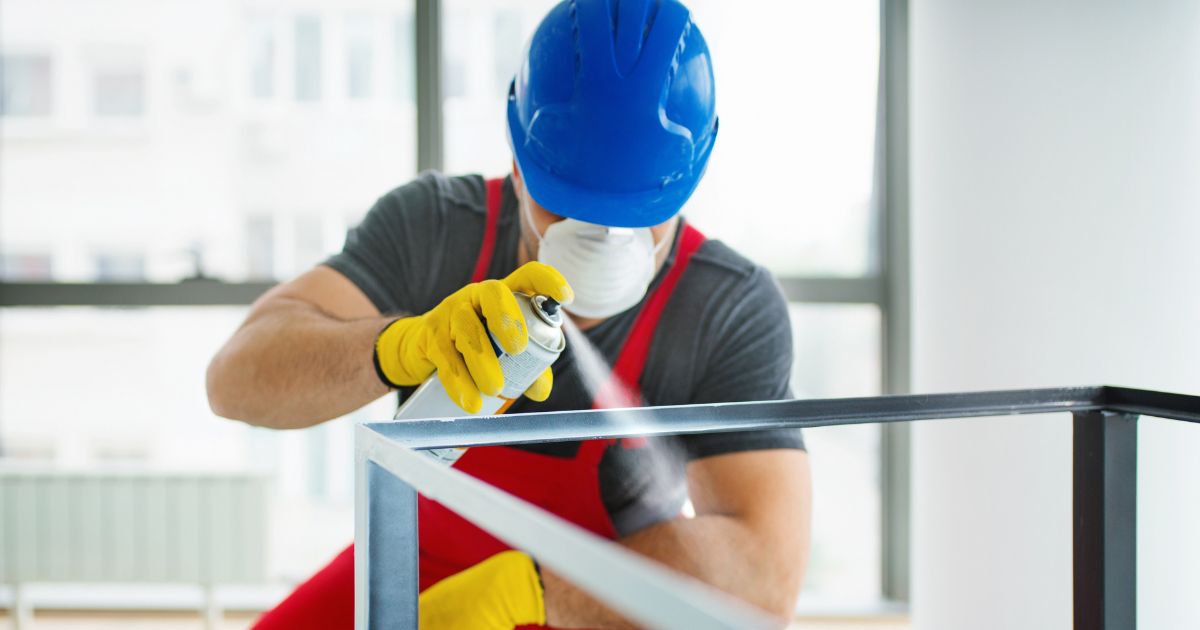There are a few things you can do to keep spray paint from rubbing off. First, make sure that the surface you’re painting is clean and dry. Second, apply a primer before painting to help the paint adhere better.
Third, use high-quality spray paint designed for outdoor use. Fourth, apply several thin coats of paint rather than one thick coat. Finally, allow the paint to dry completely before using or handling the item.
HOW TO KEEP SPRAY PAINT FROM RUBBING OFF?
- Apply a primer to the surface before painting
- This will help to create a barrier between the paint and the surface, and will also help the paint to adhere better
- When applying the paint, use thin coats rather than thick ones
- This will help to prevent the paint from peeling or rubbing off Allow the paint to dry completely before touching or using the painted surface
How to Keep Spray Paint from Rubbing off Plastic
It can be really frustrating when you spray paint something made of plastic, only to have the paint start to rub off soon after. There are a few things you can do to help keep your paint job from being ruined by pesky rubbing. First, make sure that the plastic surface is clean before you start painting.
Any dirt or grime will create a barrier between the paint and the plastic, causing the paint to eventually peel off. Next, use a primer designed for plastic surfaces. This will help the paint adhere better to the plastic and should prevent it from rubbing off as easily.
Finally, make sure you use a top coat of clear sealer once your paint is dry. This will protect your newly painted surface from any further damage or wear and tear.
How to Keep Spray Paint from Rubbing Off Wood
If you’re like me, you love the look of spray paint. It’s a quick and easy way to add some color to any project. But one thing that can be frustrating is when the paint rubs off the surface you’re painting, especially if it’s wood.
Here are a few tips to help prevent this from happening:
- Make sure the surface is clean before you start painting. Any dirt or grease will cause the paint to not adhere properly and will likely lead to rubbing off.
- Use a primer designed for use on wood surfaces. This will help the paint stick better and also provide extra protection against wear and tear.
- Apply several thin coats of paint rather than one thick coat. This will help prevent peeling and flaking later on.
- Let each coat of paint dry completely before adding another. If you don’t have time for this, consider using fast-drying spray paint so that you don’t have to wait as long between coats.
How to Harden Spray Paint on Metal
If you’re looking to harden spray paint on metal, there are a few things you can do to ensure a long-lasting, durable finish. First, make sure the metal surface is clean and free of any grease or dirt. This will help the paint adhere better to the metal.
Next, apply a primer specifically designed for use on metal surfaces. Once the primer is dry, apply your topcoat of spray paint in light, even coats. Allow each coat to dry completely before applying the next.
When all coats are dry, seal the painted surface with a clear sealer to protect it from wear and tear. With these simple steps, you can achieve a professional-looking finish that will last for years to come!
Will Spray Paint Rub off on Clothes
If you’ve ever gotten spray paint on your clothes, you know it can be a pain to remove. But with a little elbow grease, you can get that paint off your clothes and back to wearing them again. Here’s how:
First, try to scrape off as much of the paint as possible with a blunt object like a butter knife. If that doesn’t work, or if you’re dealing with large areas of paint, then you’ll need to soak the clothing in warm soapy water. Once the clothing is soaked, gently rub the stained area with a soft bristled brush or rag.
You may need to do this several times before all of the paint comes off. Finally, rinse the area well and launder as usual. If you’re still having trouble removing the spray paint from your clothes, then you may need to use a stronger solvent like acetone or alcohol. Be sure to test these solvents on an inconspicuous spot first though, as they can damage some fabrics.
How to Keep Paint from Rubbing off
If you’ve ever had the frustrating experience of paint rubbing off a surface, you know how annoying it can be. Whether it’s painted from a DIY project or a professional job, no one wants to see their hard work go to waste. Luckily, there are a few things you can do to prevent paint from rubbing off.
Before painting, make sure to clean the surface thoroughly. Any dirt, grease, or debris will create a barrier between the paint and the surface, causing the paint to rub off more easily. Once the surface is clean, apply a primer before painting.
This will help the paint adhere better and reduce the risk of rub-off. When painting, use quality paints and brushes designed for the type of surface you’re working on. For example, if you’re painting a wall made of plaster or drywall, use an acrylic-based primer and latex paint.
If you’re painting metal or plastic surfaces, use an oil-based primer and enamel paint. These products are less likely to rub off than cheaper alternatives. Finally, take your time when painting and avoid rushing through the job.
Make sure each coat is completely dry before adding another layer of paint. And don’t forget to seal your work with a clear topcoat once you’re finished! By following these tips, you can rest assured that your next painting project will turn out beautifully – with no rub-off in sight!
How Do You Seal Spray Paint?
Spray paint is a versatile medium that can be used on a variety of surfaces, from paper to glass. When working with spray paint, it’s important to seal the paint so that it doesn’t bleed or fade. There are a few different ways to seal spray paint, depending on the type of project you’re working on.
For most projects, an acrylic sealer will suffice. Simply apply a thin layer of sealer over the dried paint and allow it to dry completely. You can also use a clear lacquer or varnish for added protection.
If you’re working with outdoor projects or projects that will be exposed to heavy wear and tear, consider using an epoxy resin as your sealer. This will create a durable, long-lasting finish that can withstand any elements.
Will Clear-Coat Stop Paint from Rubbing Off?
Most automotive paints these days come with a clear coat. A clear coat is a layer of clear paint that is applied over the base color. The purpose of the clear coat is to protect the base color from UV rays, oxidation, and other environmental factors that can cause it to fade.
It also provides a high gloss finish and makes the paint easier to clean. So does a clear coat stop paint from rubbing off? The answer is yes and no.
Yes, because the clear coat will provide a barrier between the environment and your paint job. No, because if you rub hard enough or use an abrasive material, you can still rub off some of the paint, especially if it’s not properly cured.
How Do You Keep Spray Paint from Peeling off Plastic?
Assuming you want tips on how to keep paint from peeling off of plastic surfaces:
- Choose the right kind of paint. When selecting a type of paint, be sure to check that it is compatible with plastics- some paints are not meant to adhere well to these surfaces. You may need a special kind of paint or primer specifically designed for use on plastics.
- Prepare the surface. Before painting, clean the plastic surface with soap and water then sand it lightly so that the paint will have something to grip onto. Be sure to wipe away any dust after sanding.
- Use a thin layer of paint. It’s best to start with a very thin layer of paint and gradually build up coverage if necessary, rather than trying to apply one thick coat from the start. This will help prevent bubbling and peeling later on.
- Allow adequate drying time. Make sure each layer of paint has plenty of time to dry before moving on to the next- otherwise the wet layers can cause the newly applied paint to peel away.
Conclusion
If you’re concerned about paint rub-off, there are a few things you can do to minimize the risk. First, make sure the surface you’re painting is clean and dry. Next, apply a primer or sealer before painting.
This will help create a barrier between the paint and the surface. Finally, use high-quality paint that’s designed for the specific surface you’re painting. With proper preparation and using the right products, you can ensure that your paint job will last for years to come.

